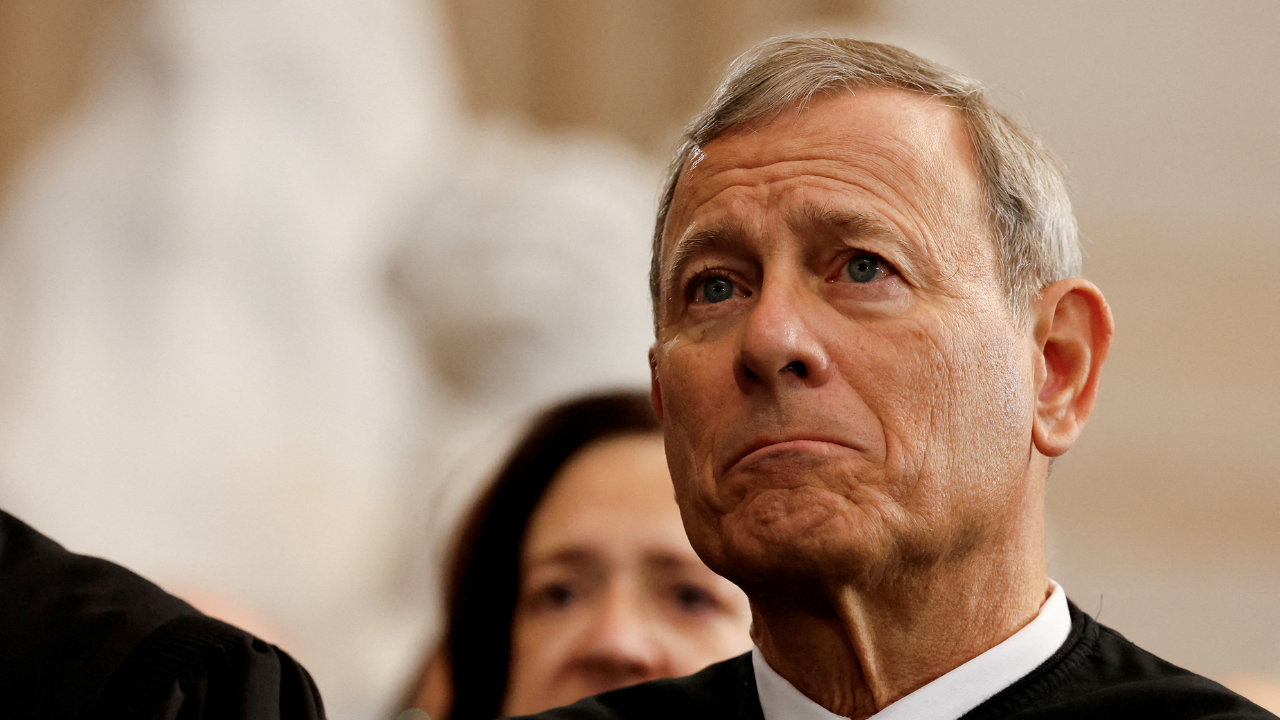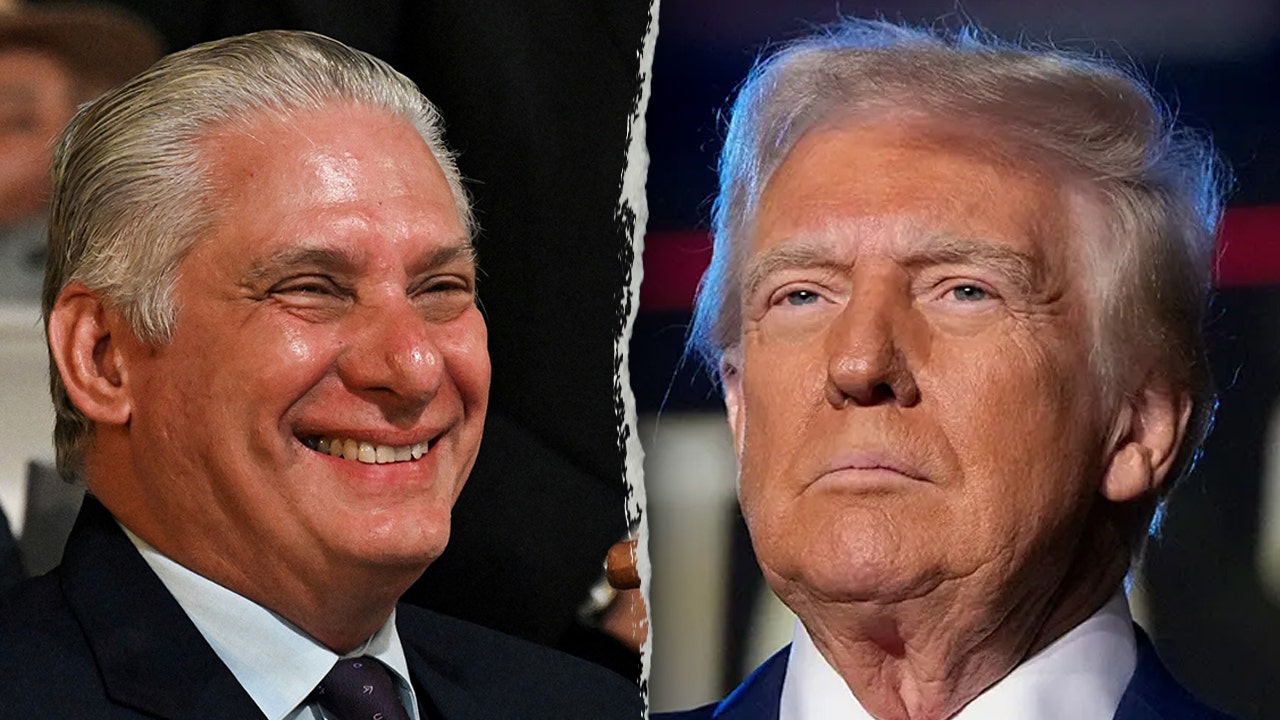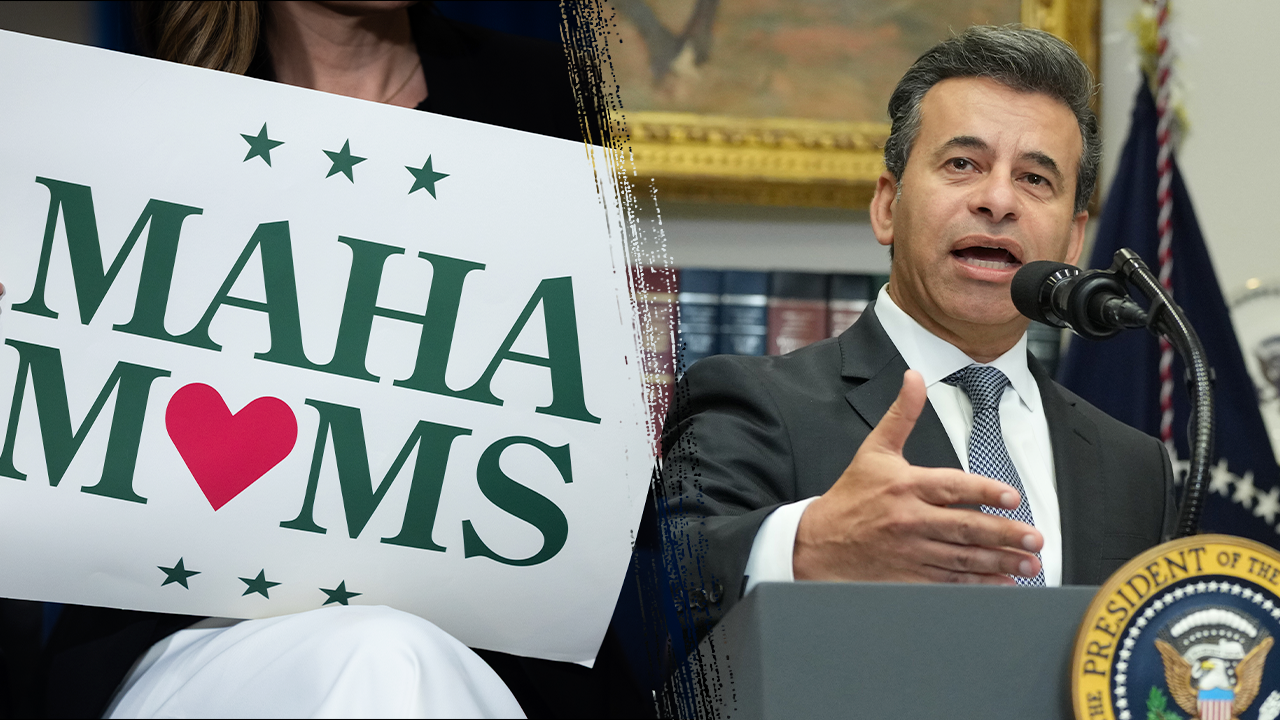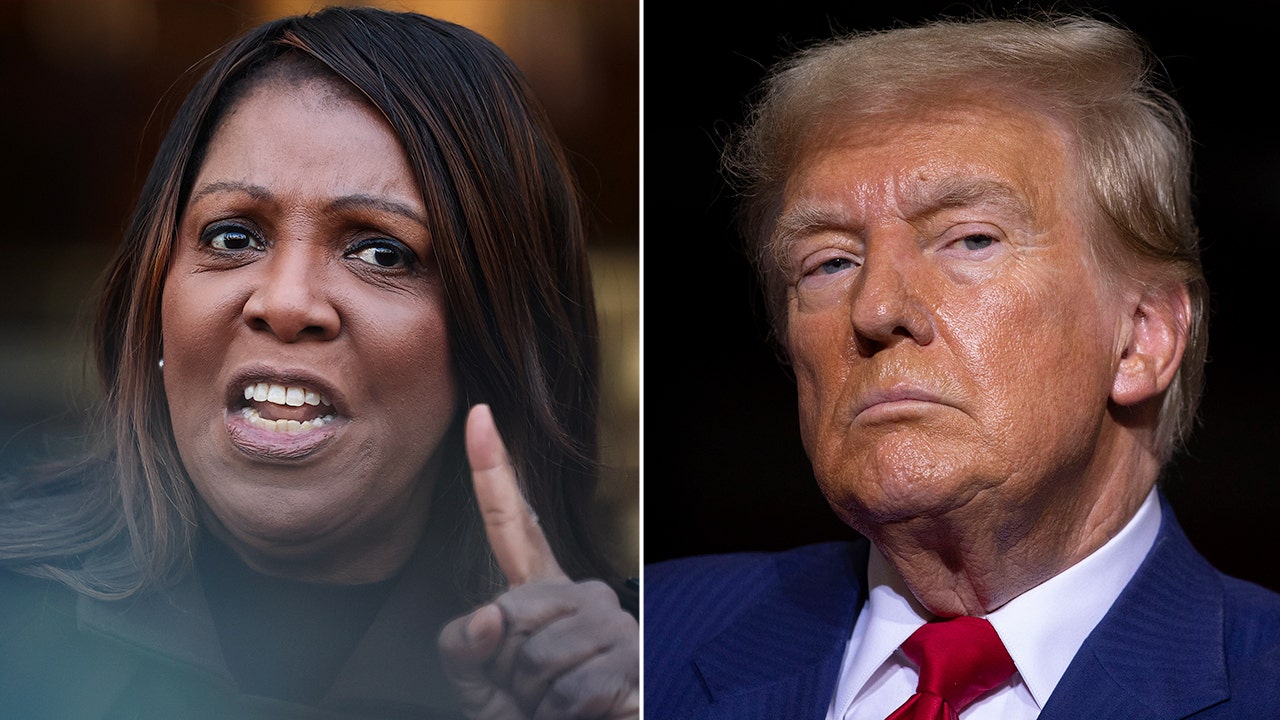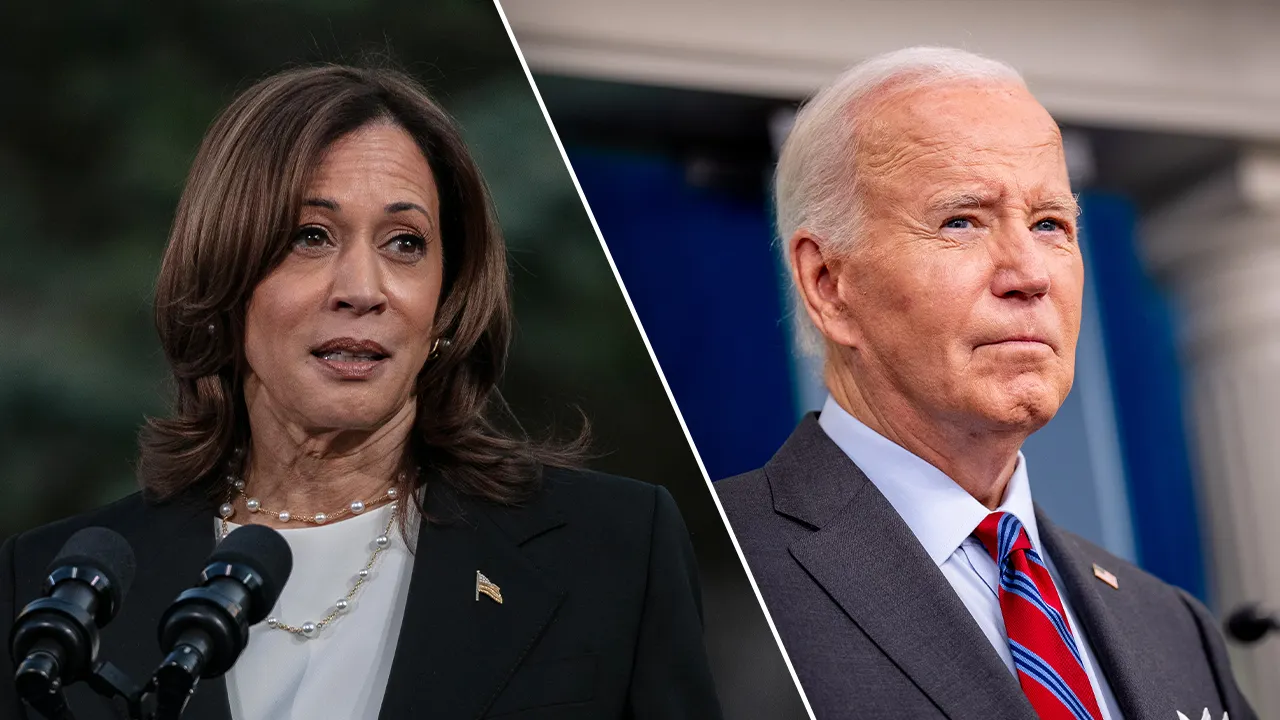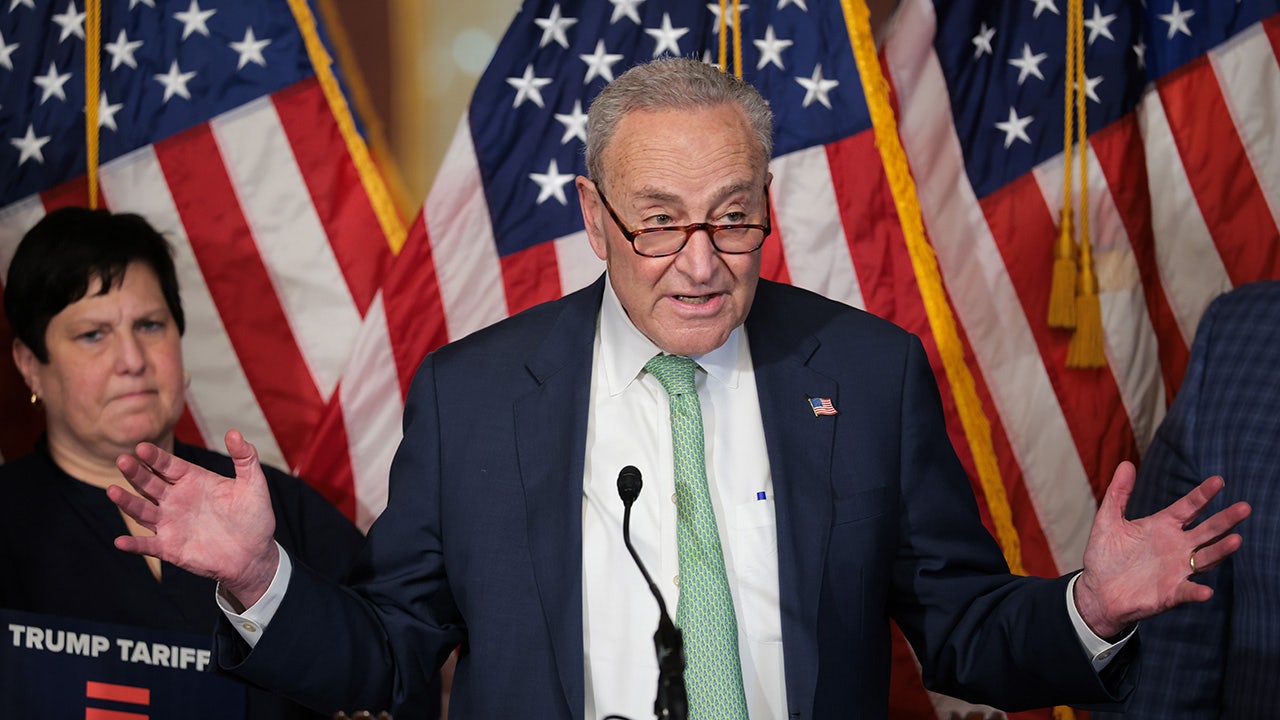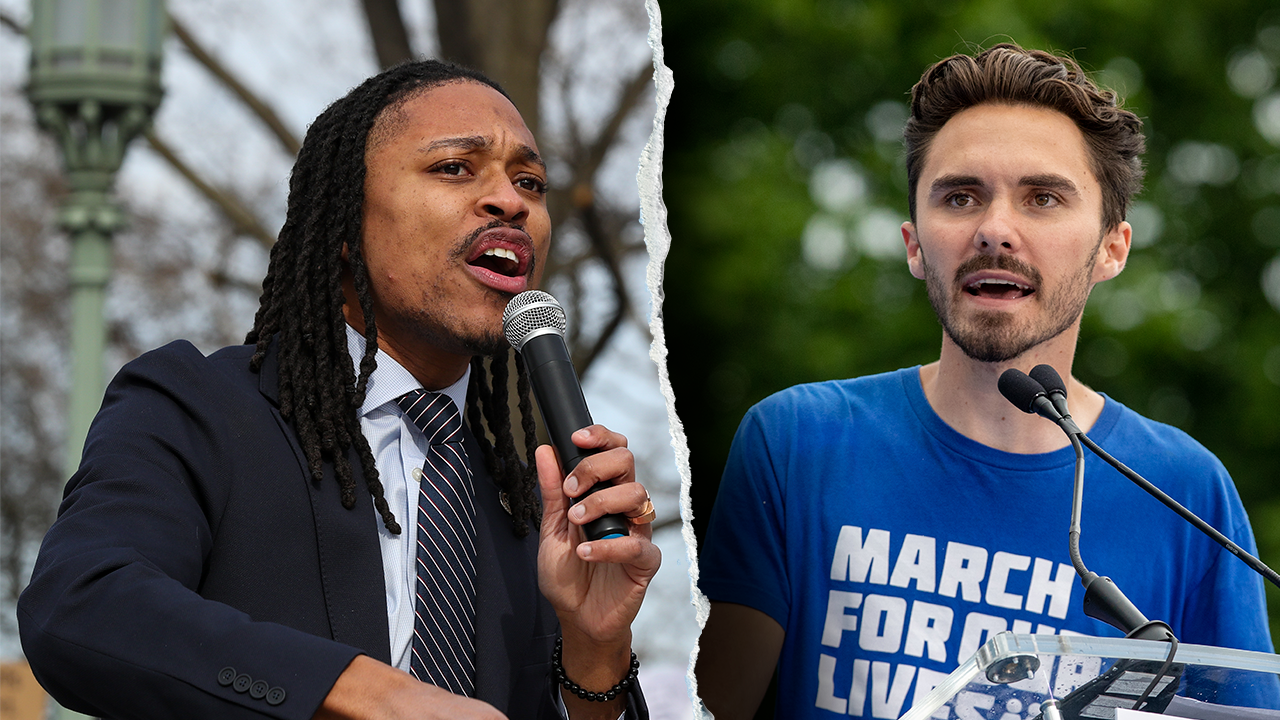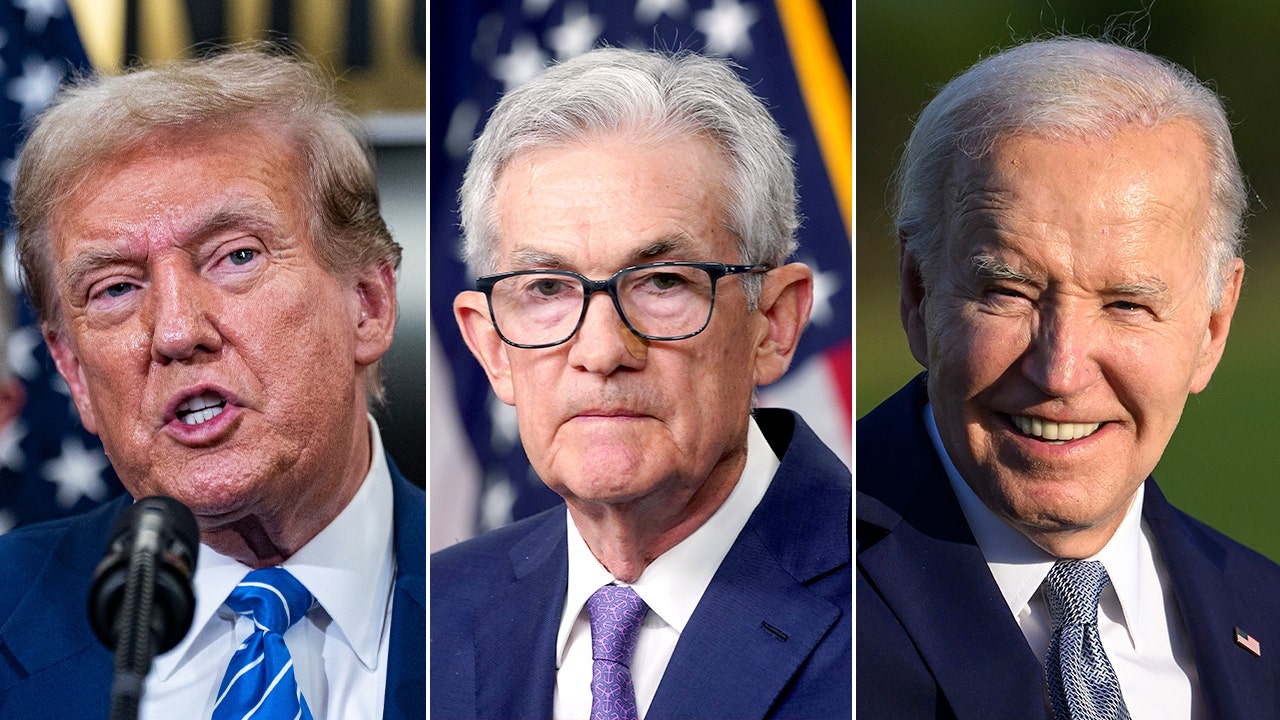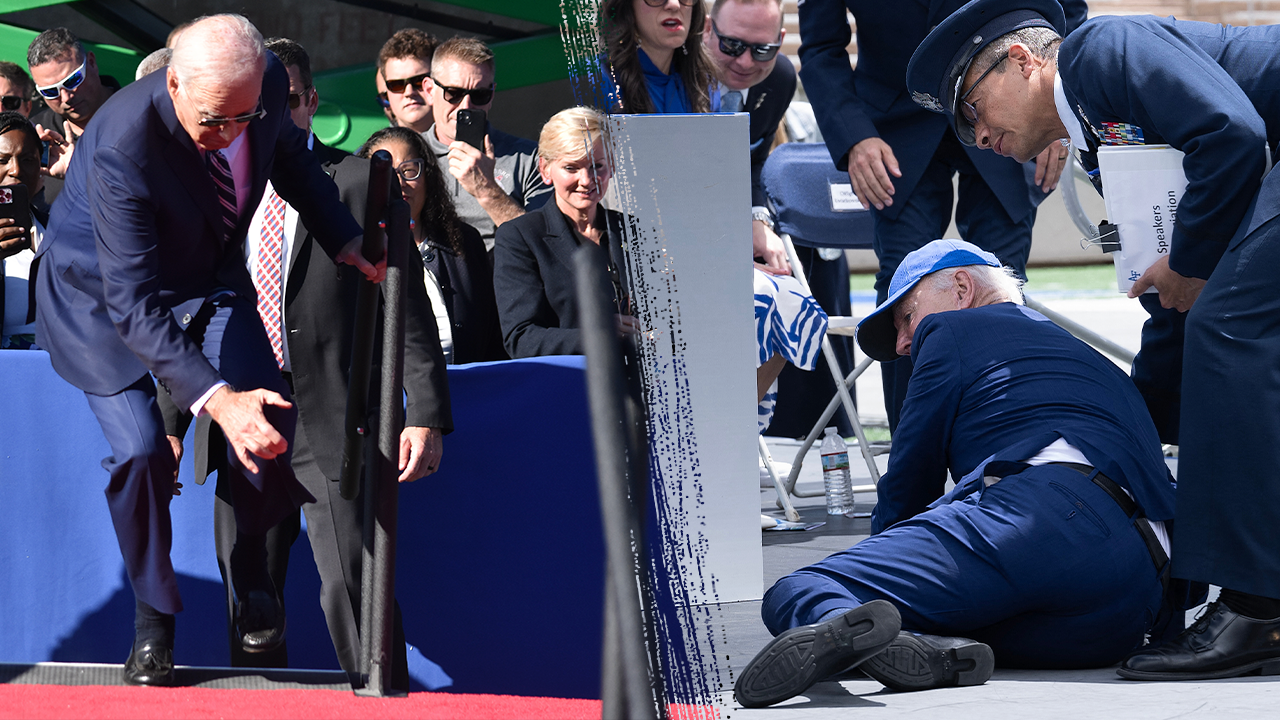Chief Justice John Roberts on Monday urged Georgetown Law’s newest graduates to collaborate across ideological lines, commenting that on the Supreme Court, it’s necessary for those who disagree strongly to work past their differences.
Speaking to the dean of Georgetown Law, William Treanor, at a fireside chat Monday, Roberts lamented current political divisions, and though he was careful not to be specific, his comments came as President Donald Trump has sharply criticized judicial decisions that have set back his second-term policy agenda.
It’s “really too bad,” Roberts said of the environment facing aspiring lawyers. “We’re developing a situation where a whole group of young people is growing up having no real sense about how our system of justice works.”
He also noted that some of the harshest criticisms of Supreme Court rulings, past and present, often come from fellow justices on the bench. But he also urged the importance of keeping these relationships above the fray and maintaining a sense of decorum.
CHIEF JUSTICE ROBERTS DOUBLES DOWN ON DEFENSE OF COURTS AS SCOTUS GEARS UP TO HEAR KEY TRUMP CASES
Though Supreme Court justices may “disagree a lot,” such differences have not strained their relationships. “We have to work together on these things that are difficult,” Roberts said. “You find a way to get along.”
“It’s a long job. If you’re sort of really at each other’s throats with bad feelings and stuff like that, it’s just not a good way to function,” Roberts said, adding that the justices work to avoid the “toxic” relationships seen in earlier generations of the court.
At times, the issues that frustrate the life-time appointed justices aren’t quite as high-minded, Roberts acknowledged. “There’s also the matter of the little things,” he said. “I mean, if you’re sitting next to somebody, and you just can’t stand the way he or she kind of taps the chair, you’re thinking, ‘OK, we’ll be here together for 20 years.’
“And you know, you’ve got to decide, am I going to tell her to stop doing that, or am I going to just get over it, or what? And on a small level, that’s kind of the way we across the board have to make those decisions and move on,” he said.
100 DAYS OF INJUNCTIONS, TRIALS AND ‘TEFLON DON’: TRUMP SECOND TERM MEETS ITS BIGGEST TESTS IN COURT
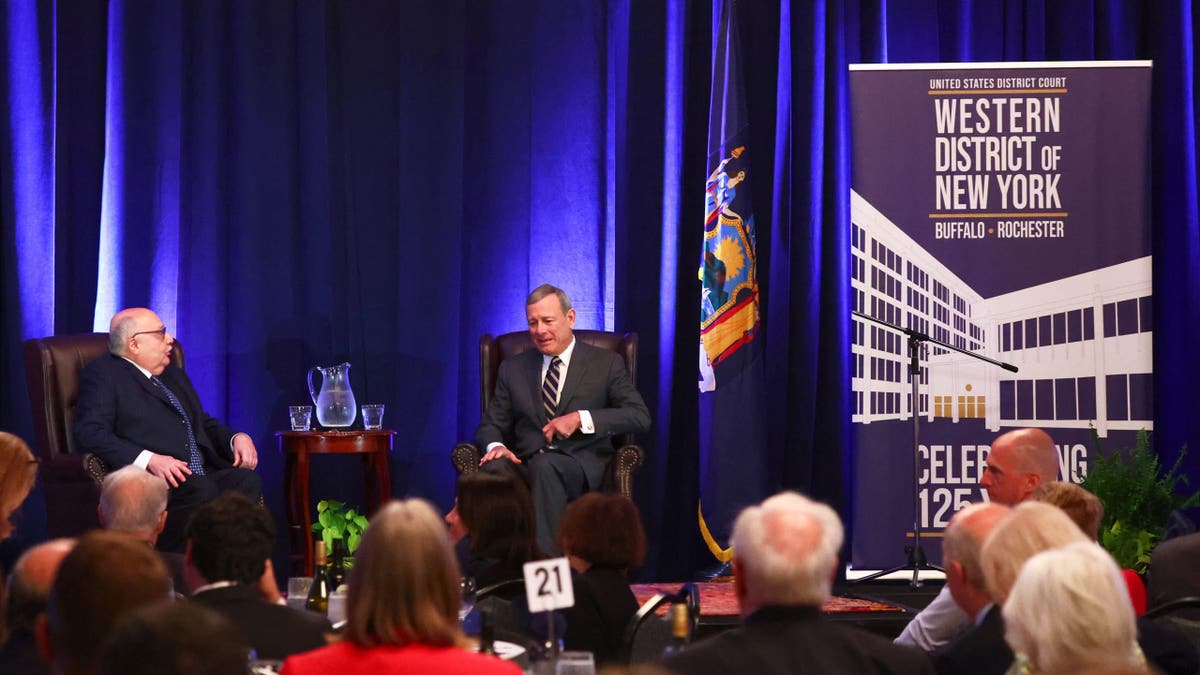
His remarks come as the Supreme Court is slated to hear a number of high-profile cases and emergency appeals filed by the Trump administration in the next few months.
Alongside its regular docket – which already includes important cases on education, religious liberty and election redistricting – the Supreme Court has been asked to weigh in on several Trump-era executive actions. These include the ban on transgender military service, efforts to reinstate fired federal employees and the use of the 1798 Alien Enemies Act to expedite deportations.
On Thursday, the court will hear arguments over Trump’s executive order ending birthright citizenship, including whether lower courts overstepped by issuing nationwide injunctions blocking the order, as the administration claims in its appeal.
Read the full article here







